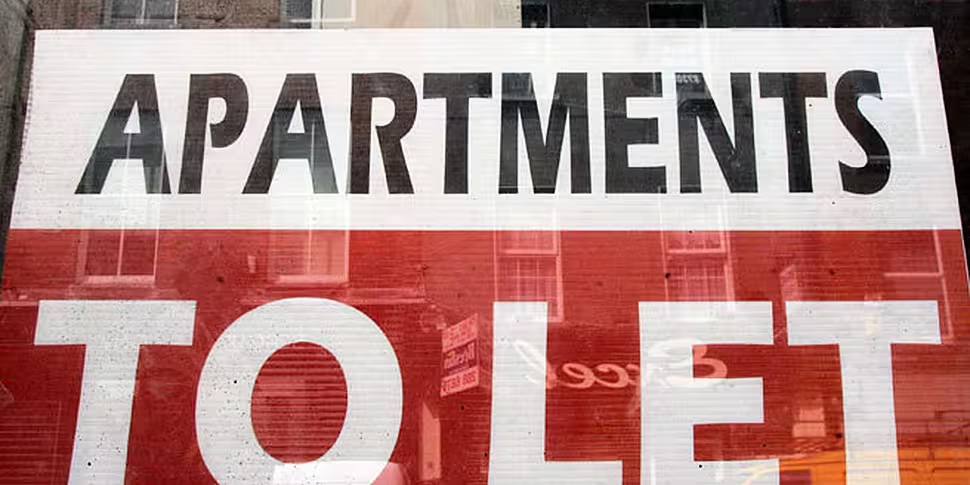More bad news for renters as a major Savills report into the sector predicts that costs could climb between 22-26% over the next two years.
The prediction comes as renting in Dublin continues to grow rapidly. The real estate agents found that there has been a 61% increase in the number of households renting in the capital over the past five years – the roughly 328,000 people renting there now comprise 25% of Dublin's total housing market.
Despite the perception that there's been no increase in supply over that period, the stock of housing units in the rental market has actually increased by about 43,000, with landlords attracted by the returns on offer. However, this number has been insufficient to deal with demand.
Dr John McCartney, Savills' Director of Research and the author of this new study, puts growing demand down to a number of things:
"Dublin's population is now growing by about 1.7% per annum so this is the second fastest rate of population growth we've ever really experienced in the city.
"In the last 12 months, we've had 17,600 new households forming in Dublin and we've only built 3,500 residential units to put them in. So that's a fundamental problem."
McCartney also cited the "big tenure shift" from owner occupation to renting, as people struggle to afford homes.
The situation means that the vacancy level for rental properties is now "razor-thin", McCartney warns.
For the first time, Savills’ research revealed the vacancy rate for private rented housing in Ireland. This peaked at over 10% in the middle of 2009, but has now fallen to below 1.5% – both in Dublin and outside the capital.
"This creates two immediate problems for anyone in the market looking to rent," he said.
"Firstly, there’s an absolute problem of trying to find somewhere to live. That is just a real, serious issue. And the other thing, of course, is when you get a low vacancy rate, you almost inevitably get strong rental growth. And that is what we’re seeing."
Of the tax relief being extended to would-be landlords as part of Budget 2017, McCartney said:
"Well I think it’s a smart move and it’s an imaginative scheme. At the margin, it probably will help. But I think that the returns on residential property development have been so good now for such a long time, that any buildings that would have been easy to activate and bring back into the supply chain have probably already been utilised by investors.
"So I think it will help at the margin but ultimately the solution here is to build more properties And unfortunately that’s a medium-term objective."
Allowing developers to build higher up in the city centre and "a specific planning designation for build-to-rent property" were two potential solutions offered by McCartney, though he conceded that any solution would take time.
In August, business group Ibec warned that Dublin's current housing squeeze was "undermining the city's attractiveness" and called for radical reform of building height and density restrictions.
What it means for our Brexit opportunity
In the mean time, big financial names in the City of London are considering jumping from the good ship Britain once Article 50 is triggered next year so their ties to the EU are not severed – with Dublin and Frankfurt being the frontrunners for the transplanted jobs.
There is a question mark, however, over whether we have places for these workers to live, or even the office space to house their companies.
David Rocks, Bloomberg's Senior Editor in Berlin, sees it as a potential problem for Ireland.
"What is a company other than a lot of people?" he said. "And people need to live somewhere. They need offices and they need homes. If they can't find that, it's going to be tough for Dublin to make the argument to come here...
"If the big banks can't find places for their people to sit and work, they're definitely not going to come. They'll go to Frankfurt instead."
Rocks said that it was his understanding that "office space is razor-thin" in Dublin, noting that he has spoken to a real estate developer who has been in Dublin "about eight or nine months now and he still hasn't found office space".
He reckons that workers coming here will ultimately find homes, but that could further fuel inequality in the capital...
"Most of the people who will be coming are fairly wealthy. And so at the end of the day they'll find something. But it's going to push people out at the bottom."









